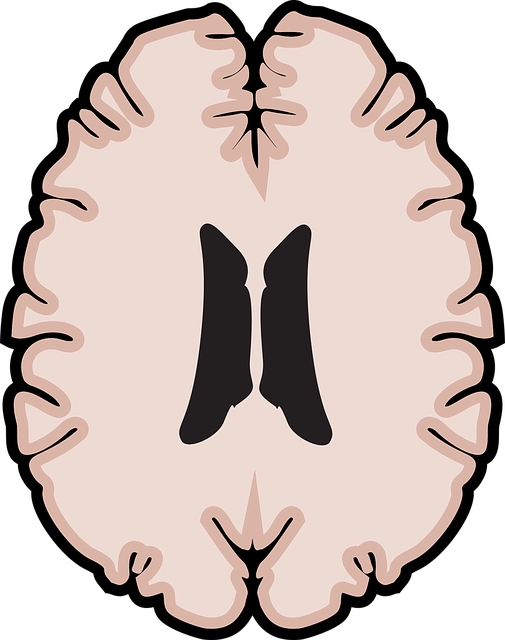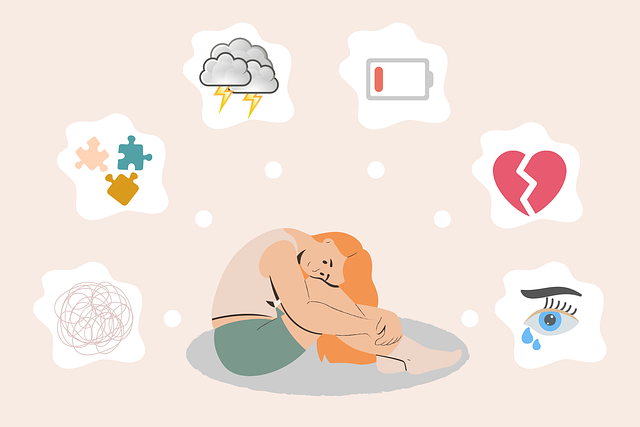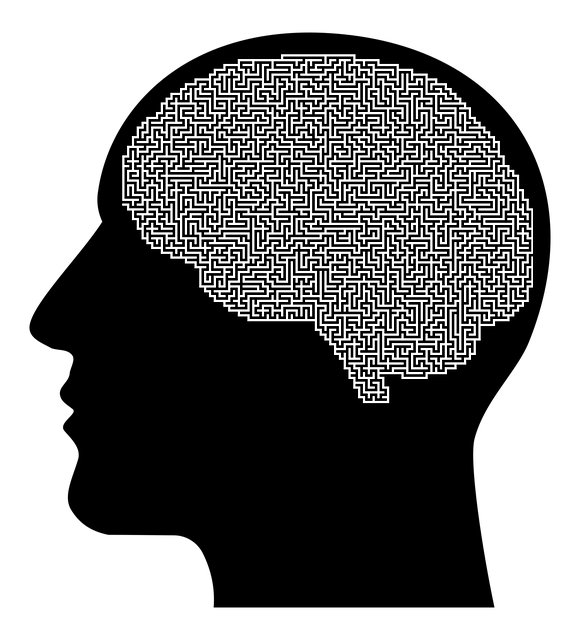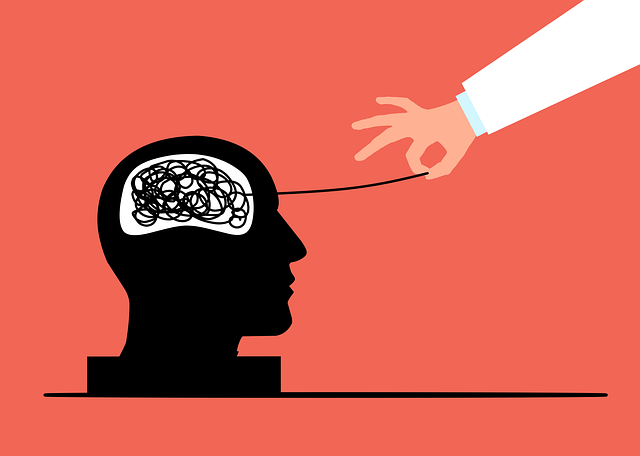Understanding mental health diagnoses is key to effective treatment navigation. Misconceptions and stigma surrounding labels can be overcome through education and open dialogue, encouraging discussions on unique symptoms and tailored treatments like therapy for relationship issues, trauma support, and mental wellness journaling exercises. Therapy types, such as cognitive-behavioral therapy (CBT) and interpersonal therapy, play crucial roles in addressing specific challenges, while building strong relationships and employing self-awareness strategies facilitate recovery. Active listening, community outreach programs, and developing self-care routines are essential components of a supportive environment that strengthens bonds and enhances the effectiveness of treatment for relationship issues associated with mental health challenges.
Mental illness diagnosis and treatment navigation can be a complex, often confusing journey. This article offers comprehensive guidance on understanding mental health diagnoses, decoding labels, and tackling stigma. We explore various therapy types, from cognitive-behavioural therapy to interpersonal psychotherapy, highlighting their unique benefits. Additionally, we delve into building supportive relationships as a crucial therapeutic approach for managing relationship issues. By the end, you’ll be equipped with knowledge to navigate treatment options effectively.
- Understanding Mental Health Diagnoses: Decoding Labels and Stigma
- Navigating Treatment Options: From Therapy Types to Support Systems
- Building Relationships: Therapeutic Approaches for Better Connections
Understanding Mental Health Diagnoses: Decoding Labels and Stigma

Understanding a mental health diagnosis is crucial for navigating treatment effectively. Mental illness labels can often be misunderstood and stigmatized, leading to confusion and fear. It’s essential to remember that these diagnoses are not character flaws but rather descriptions of specific conditions impacting brain function and behavior. Each diagnosis comes with its unique set of symptoms and treatment options, including therapy for relationship issues, trauma support services, and other specialized care.
Deciphering these “labels” requires education and open dialogue. Many individuals struggle to connect their experiences with a specific disorder, which can hinder them from seeking appropriate help. By demystifying mental health diagnoses, we can reduce the associated stigma, encourage people to talk openly about their struggles, and initiate discussions around effective treatment options like community outreach program implementations and mental wellness journaling exercises guidance.
Navigating Treatment Options: From Therapy Types to Support Systems

Navigating treatment options is a crucial step for anyone seeking help with mental health challenges. The vast array of choices can be overwhelming, especially when considering therapy types tailored to specific needs. From cognitive-behavioural therapy (CBT) for managing anxiety and depression to interpersonal therapy focusing on relationship issues, understanding these approaches is essential. CBT empowers individuals to challenge negative thought patterns while interpersonal therapy facilitates healthier communication and connection with others.
In addition to exploring different therapy modalities, building a robust support system plays a pivotal role in recovery. Encouraging self-awareness exercises and emotional regulation strategies can further enhance the therapeutic process. Emotional intelligence, developed through mindfulness practices and seeking social support, equips individuals to navigate life’s challenges more effectively. By combining tailored therapy with a strong support network and self-care practices like emotional intelligence and self-awareness exercises, individuals can embark on a transformative journey towards improved mental health and overall well-being.
Building Relationships: Therapeutic Approaches for Better Connections

Building strong relationships is a cornerstone of effective therapy for relationship issues. Therapeutic approaches that focus on connection-building aim to enhance communication, empathy, and understanding between individuals. Techniques such as active listening, where therapists encourage clients to express their feelings and thoughts openly while reflecting back what they hear, foster a safe and supportive environment. This deepens self-awareness and strengthens bonds, which are crucial for navigating mental illness together.
Integrating self-care routine development for better mental health into these therapeutic practices empowers individuals to maintain healthy relationships both within and outside therapy sessions. Community outreach program implementation further supports connection by creating opportunities for social interaction and conflict resolution techniques, teaching individuals how to navigate disagreements constructively. These collaborative efforts collectively contribute to a robust support system, enhancing the effectiveness of treatment for relationship issues associated with mental illness.
Mental illness diagnosis and treatment navigation can be complex, but with the right tools and support, individuals can find their way to healing. By understanding mental health labels, exploring diverse therapy types, and fostering supportive connections, folks can navigate this journey effectively. Remember that seeking therapy for relationship issues is a crucial step towards personal growth and improved well-being. With dedicated professionals and peer support, recovery is achievable, leading to a more fulfilling and connected life.








